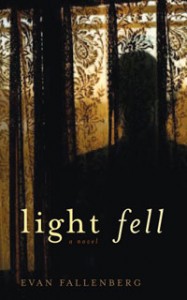Gershom Gorenberg
Tomorrow Kadima will pick someone to replace Ehud Olmert as party leader. Olmert will then quit, to the sound of 7 million people sighing in relief, and his replacement will get the chance to form a new government and become Israel’s prime minister. The method that Kadima will use to make this momentous decision is quaintly called a “primary” in our parts, and purports to be an election. If you believe that, we have a bridge to sell you in Alaska.
A total of 73,000 people are eligible to vote. That’s 2.3 of the total turnout in the 2006 national election, and about 10 percent of the number of people who voted for Kadima. But there’s no reason to think that people voting in the primary voted for Kadima in ’06, or have any thought of voting for the party in the next national election. A few might, who knows. If so, it’s by accident.






